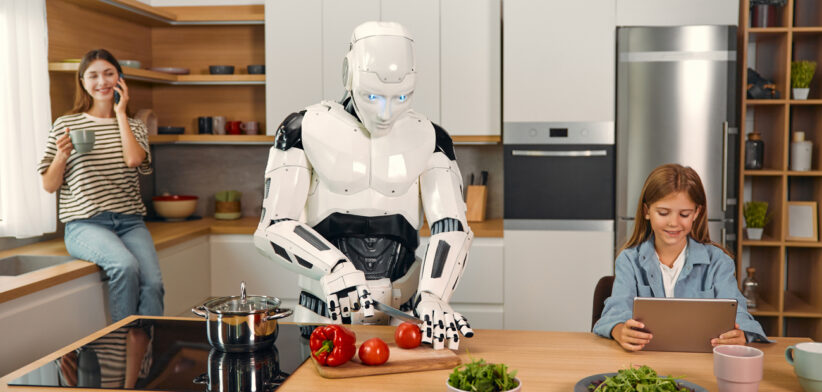By Shane Rodgers
The current frenzy around the impact of Generative Artificial Intelligence reminds me a bit of the dot.com boom in the 1990s and the 3D printing fever of the 2010s.
In both of the previous cases there were bold predictions that an astounding technology wave would reshape our lives overnight.
Boards demanded action, investors put money into all sorts of speculative ventures and people sat glumly fearing their worlds were about to end.
The internet did fundamentally change our world. But it took a while and ultimately it happened at a pace humans could handle, and created more jobs that it annihilated.
3D printing has helped streamline many industries but predictions that everything we use would be 3D printed within five years were well off.
The big issue with Generative AI is that it is astonishingly good and astonishingly bad at the same time.
It is a great research assistant, it compiles structured information from set sources better and faster than humans ever could and it creates new types of content cheaper than ever before.
On the downside, it actually does not write that well. I say that as someone who has spent a whole career watching and analysing writing styles.
There is something soulless about the writing. The generative AI tools competently string words together but they lack the emotional connection and authenticity of human writing.
When AI creative writing seems really good, it has almost inevitably plagiarised much of the style and content from something written by a human (or probably multiple humans) somewhere in the vast information forest of the web.
Eventually we will probably be able to find out the exact source. And then we will have to unpick a copyright nightmare.
Generative AI also gets a lot of basic things really wrong, including things like times, names and dates, often for no apparent reason. Unless told, it seems to struggle to understand the difference between good and poor information.
But we all know it will get better, and it will take over the human tasks that it can do faster and more precisely.
We also know from the industrial revolution, the computer era and the digital era that, as technology takes jobs, humans create new ones. There are winners and losers in the short term, but, ultimately, we change and evolve.
And this may be the question we are not asking. As artificial intelligence takes over more basic tasks, what will humans do to fill the void?
In the 1970s we were all told that a new age of leisure was upon us, and we would all have lots of free time as computer and machines took over everything.
Ultimately the opposite happened as the 24-hour day became overflooded with new options.
But this time might be different. The AI age is colliding with a social age in which people are desperately seeking out less traditional work time.
Four-day weeks are on the rise around the world. It is likely to be the new norm in 10 to 20 years.
By then the economy can probably handle it. Because productivity issues will be addressed by machines that can do things in a few seconds that might take weeks for a human.
If longer weekends become the norm, that will be a whole new economy. New creative and leisure business will rise, hobbies will become businesses and tourism, and hospitality will experience unprecedented booms.
This is a big opportunity for a country like Australia. Why aren’t we talking about that?
Shane Rodgers is the author of Worknado – Reimagining the way you work to live.








